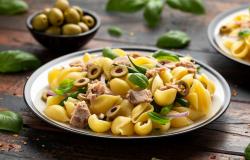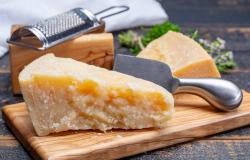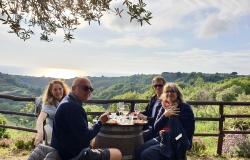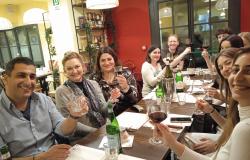So, Who Invented Limoncello? And What Makes It So Special?
ITA:
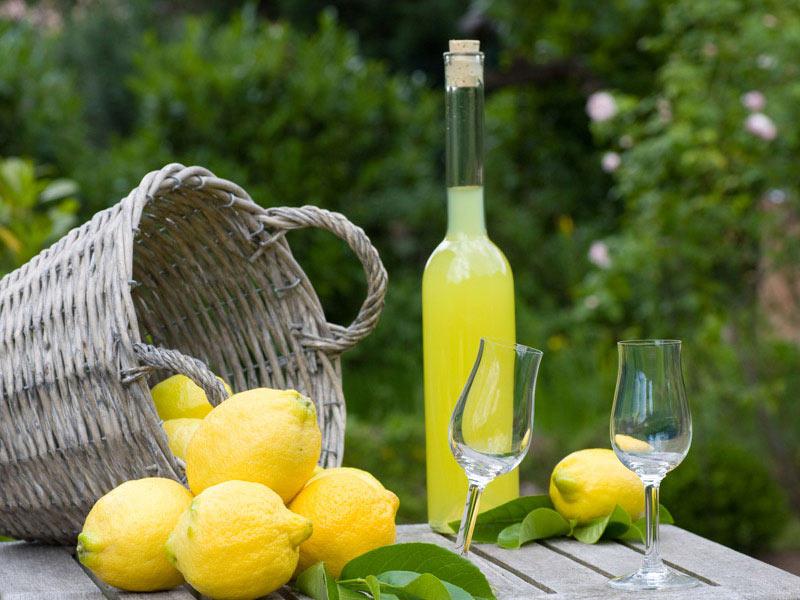
Use player to listen to Italian version
Sorrento, Amalfi, Capri: which is the true birthplace of Italy’s most famous liqueur, limoncello?
We may never know for sure as there are different stories about the origins of limoncello. What we know is that limoncello has been around for at least 100 years; it is said that, at the beginning of the 20th century, it was customary for the wealthiest Sorrento families to always offer a taste of limoncello to their most illustrious guests.
On its website, Federvini, the Italian Association of Wine/Liqueur Producers, reports that limoncello was born at the beginning of the 20th century in a small inn on Capri, where a local lady, Maria Antonia Farace, tended a luxuriant garden of lemons and oranges. Her grandson, after World War II, opened a restaurant nearby whose specialty was the lemon liqueur made following the old recipe of his nonna. In 1988, the grandson’s son, Massimo Canale, started an artisanal production of limoncello, and registered its mark.
Others claim that limoncello goes back in time even further; one story tells of local fishermen and farmers who, as early as the Middle Ages, used to drink a shot of limoncello in the early morning to warm up. Others say that the recipe originated inside a monastic convent to delight the monks in between a prayer and the next.
Whatever its origin, what is certain is that what makes limoncello special is the type of lemon used for the recipe, which, in order to be authentic, must use the lemons that grow on the Costiera Amalfitana, precisely in the territory comprised between the towns of Vico Equense and Massa Lubrense and on the island of Capri. It is only here in fact that, thanks to the Mediterranean climate, lemons grow with a thick skin that is rich with essential oils, fragrant and with a strong aroma. The lemon skin is indeed the most important ingredient when making limoncello.
So once you have the right lemons, go ahead and make your limoncello at home following our recipe.
Sorrento, Amalfi, Capri: qual è il vero luogo di nascita del liquore più famoso d'Italia, il limoncello?
Forse non lo sapremo mai con certezza in quanto circolano diverse storie sulle origini del limoncello. Quello che sappiamo è che il limoncello c’è da almeno 100 anni; si dice che, agli inizi del XX° secolo, era consuetudine per le famiglie più in vista di Sorrento offrire ai loro ospiti più illustri un assaggio di limoncello.
Il sito di Federvini, l'Associazione Italiana di Produttori di Vino e Liquori, riferisce che il limoncello è nato all'inizio del XX° secolo in una piccola locanda di Capri, dove una signora del luogo, Maria Antonia Farace, si prendeva cura di un rigoglioso giardino di limoni e arance. Il nipote, dopo la Seconda Guerra Mondiale, aprì un ristorante nelle vicinanze la cui specialità era il liquore di limoni ottenuto seguendo la vecchia ricetta della nonna. Nel 1988, il figlio del nipote, Massimo Canale, iniziò una produzione artigianale di limoncello e ne registrò il marchio.
Altri sostengono che il limoncello vada ancora più indietro nel tempo; si racconta che i pescatori e i contadini del luogo, già nel Medioevo, bevessero un bicchiere di limoncello la mattina presto per riscaldarsi. Altri raccontano che la ricetta sia nata all'interno di un convento monastico per deliziare i monaci tra una preghiera e l'altra.
Qualunque sia la sua origine, ciò che è certo è che quello che rende speciale il limoncello è il tipo di limone utilizzato per la ricetta che, per essere autentica, deve fare uso dei limoni che crescono sulla Costiera Amalfitana, precisamente nel territorio compreso tra le città di Vico Equense e Massa Lubrense e sull'isola di Capri. È solo qui che, grazie al clima mediterraneo, i limoni crescono con una buccia spessa ricca di oli essenziali, profumata e dall’aroma forte. La buccia del limone è infatti l'ingrediente più importante quando si prepara il limoncello.
Quindi, una volta che hai i limoni giusti, puoi preparare il tuo limoncello a casa seguendo la nostra ricetta.
